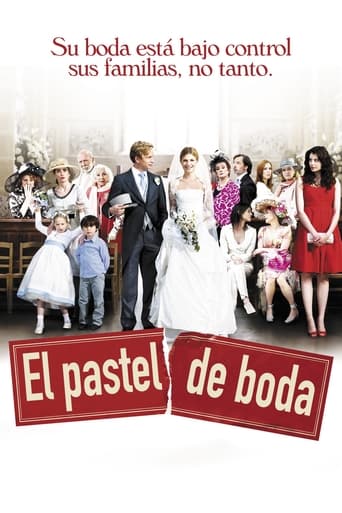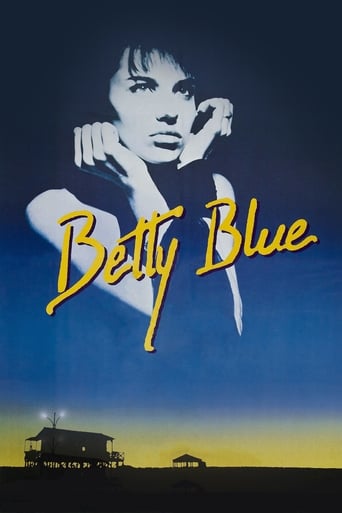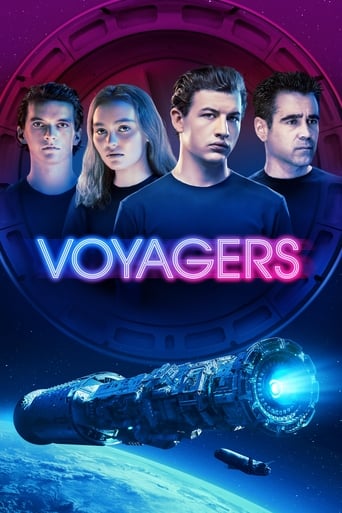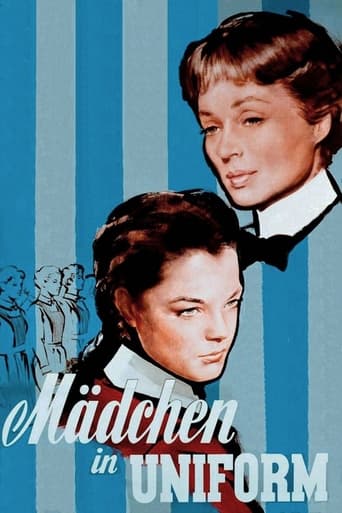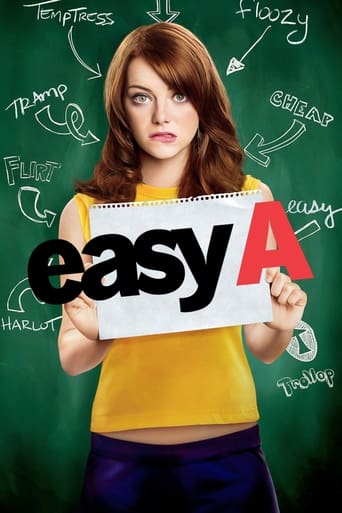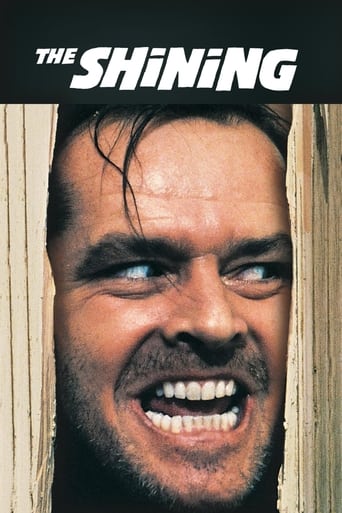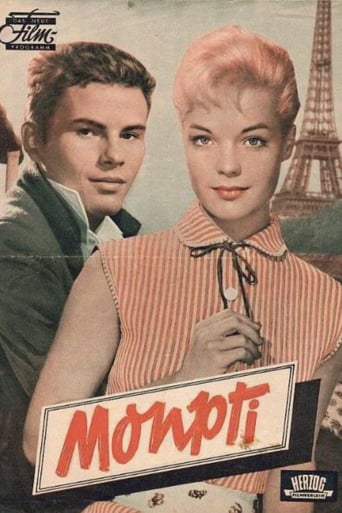


Monpti
A poor 22 years old Hungarian man who's recently arrived in Paris meets a seemingly wealthy 17 years old Parisian girl. They fall in love, but tragedy ensues when the truth behind the girl is revealed.
-
- Cast:
- Romy Schneider , Horst Buchholz , Mara Lane , Bum Krüger , Joseph Offenbach , Helmut Käutner , Olive Moorefield


Reviews
Best movie of this year hands down!
How sad is this?
It's hard to see any effort in the film. There's no comedy to speak of, no real drama and, worst of all.
If the ambition is to provide two hours of instantly forgettable, popcorn-munching escapism, it succeeds.
"Monpti" is a West German German-language film from 1957 and like the other Romy Schneider works, it is in color too. It is a much more modern tale compared to the films she usually starred in. It is uncompromising, in your face and there are authentically dramatic events taking place here. A lot may have to do with the talented Horst Buchholz being the male lead. And these two worked very well together as a young couple where both have personal struggles, especially Schneider's character. The chemistry was good and the plot (development) felt plausible. It is novel-based and one of the people who adapted the material is Helmut Käutner, who is also the director who made this film and was among the most successful German filmmakers from his time. And with "Monpti" (the name Schneider's character gives Buchholz'), he adds another pretty good movie to his resumée. I also liked the city setting here. it was just so refreshing to see Schneider in entirely different surroundings than usual and it worked very well with the story too. My reference in the title has to do with the Hawke/Delpy "Before" films and if they had existed already when "Monpti" was made, then this may have been what it looked like. These over 90 minutes are certainly one of the better German film efforts from the 1950s. I recommend the watch.
And yet another Romy Schneider movie, but more importantly my 6th film by Helmut Käutner, one of the world's best directors. Saw this as a part of a small ongoing Romy Schneider homage at my cinema of choice in a good 35mm print with most of the color-palette still intact. The film is completely dazzling, and as some say this is Käutner's biggest coup de main, though I'm not so sure myself, I definitely cannot disagree. Monpti left me a bit dumbfounded, gasping for air, as it's as fast as seemingly innocent while going through the motions in a nether-land somewhere between Andrzej Zulawski's Possession (1981) and Ernst Marischka's Sissi (1955). Definitely one-of-its-kind, this is a testament to the 50s as a disjointed decade stuck between the 40s and 60s, on a planet of its own.Currently the film is difficult to pin down or accurately describe for me, and I hope to see it a second time on the big screen today. All I can say is: magnificent, enchanting, disturbing, full of surprises and definitely a film that is as iconic for Romy Schneider as any other she ever made. I am clearly running out of fitting adjectives to describe this exuberance of a film that is successfully masquerading as yet another German 50s romantic comedy. Käutner seems the personified understatement.
When I was seventeen years young - or old if you like - a lot of things were complete secrets in our home. Twelve children and a serious but very Catholic father was married with a clever and soft mother. The two of them had to take care of seven sisters and five brothers. My father was allowed to read the fist translation of the Bible in a Roman Catholic translation. That was new in the Roman Catholic world. The four books were well translated, nicely edited and professionally published by the Petrus Canisius Foundation. One evening I went to a cinema and saw the amazing movie 'Monpti' (French for Mon Petit that in fact should be 'Mapetite' for a girl like Romy Schneider.The author of the original book was Gabor von Vaszary who wrote it in German although he was a born Hungarian. The soft and one of the best German film-directors, Helmuth Kaütner, made a fine film with no nonsense but a lot of simple and - only economically - cheap. I have wondered if it is possible to make a new version with the same respect for youngsters who take life serious but make it a joy because real love has that power... joy in life. The best friend of my father was a Member of the Dutch Parliament. He understood my hidden attack on the extremely severe rules of the Church. And strangely enough: he defended my thesis on the strict rules of the Institution. We had a good chat that opened to me the door to life as it is and not as it should be organized by a world strange religious Institution. About a year ago I read von Vaszary's book and was flabbergasted about the language of Kaütner's movie en von Vaszary's text.
Days of yore, the streets of Paris, order and mess, people and buildings, cars and traffic, and... a middle aged man that wants to tell us a story, partly humorous, partly sad one: a love story...The movie begins in a pretty strange way, particularly when we consider the year it was made in. It seems to be too messy, without any order, beginning so much in the middle. Nevertheless, the opening 5-10 minutes explain what the action is going at. We soon realize that it is the main hero who speaks to us and attempts to tell us something that means much to him.Yes, that is what MONPTI will leave in your memory most. It is a beautiful, innocent STORY about genuine love of two poor young people who meet by chance and fall in love. Monpti (Horst Buchholz) is a young man who makes a living painting pictures and selling them in Paris. He is lost, lonely, confused in many situations but...happiness comes to him through a young girl Anne Claire (Romy Schneider) whom he once meets in a park and with whom he falls in love. She is very young, beautiful, innocent but there is one problem about her which Monpti does not see: all she tells him is an illusive lie about her alleged chauffeur, wealthy family and engagement. Yet, how straightforward, how naive these lies are! She lives in the fantasy of wealth and feels good about it or at least more comfortable. However, their youthful love and joy comparable to kissing three oranges is contrasted with another couple who are considerably older and who live in luxury comparable to cold elegance and restrained emotions. This overly rich couple is there for some purpose, as the narrator tells us...The movie's another advantage, except for the aforementioned story, are its many humorous moments. Although MONPTI is rather sad in its content and sometimes even melancholic, it is filled with wonderful humor that will appeal to various viewers. I loved the scene in a luxurious restaurant where Monpti is so confused how to behave, how to eat being so close to "flames of fire"... The whole sequence with a little duck, Napoleon, is also very amusing. The duck is simply all he (Monpti) has, except for love, that he can offer Anne Claire - lovely little Napoleon lost in such a hilarious situation. Considering humor, I should also mention Monpti and Anne Claire's first meeting in the park: "Did I really say that?" wonders the girl and the boy takes everything so seriously...Another aspect of the movie is the title melody, a song that Monpti once puts on when Anne Claire visits him. It has melancholy, affection but also a great fun and vitality in some parts and, as a result, fits to the movie really well. The rising and declining tunes indeed express the emotional states of the main heroes: Hungarian in Paris who finds himself in the most unexpected circumstances, a poor girl who dreams to be rich and independent. To this artistic aspect, I have to add the performances of the two: Romy Schneider and Horst Buchholz. They fit as a couple and act convincingly. You just watch and feel as if it's a real young couple head over heels in love.There is one more aspect that I have to mention: the historical one. Keeping in mind that the film was made in 1957 in Herzog studio, it is a purely German movie (just to remind the fact that Herzog is famous for many movies by Ernst Marischka, the director of SISSI). Yet, it puts aside the style of most German and Austrian movies of that time: what we find in MONPTI is the lack of linear plot, there are flashbacks showing dreams and fantasies; there is a mixture of comedy and drama addressing social situations. The contrast put on the couples appears to represent the thought provoking problem of social discrepancies: the rich and the poor and how the two groups regard the world. Dreams refer to the Freudian psychoanalytic theory of man with his desires and, consequently, German cinema partly contains the surreal. The lack of linear action resembles the superiority of character development to story itself. Therefore, the movie is something innovative for 1950s German cinema. It is also another movie that "cured" Romy of the sweet image of Sissi and constituted a "preludium" to her French career (of course not the only film doing that but an important and an early one - 1957).MONPTI is a nice underrated film about simplicity, youthful joy, pure affection that all young people may get through when they only want to. It's also a wonderful insight into a change introduced in cinema. Highly recommended! 7/10

